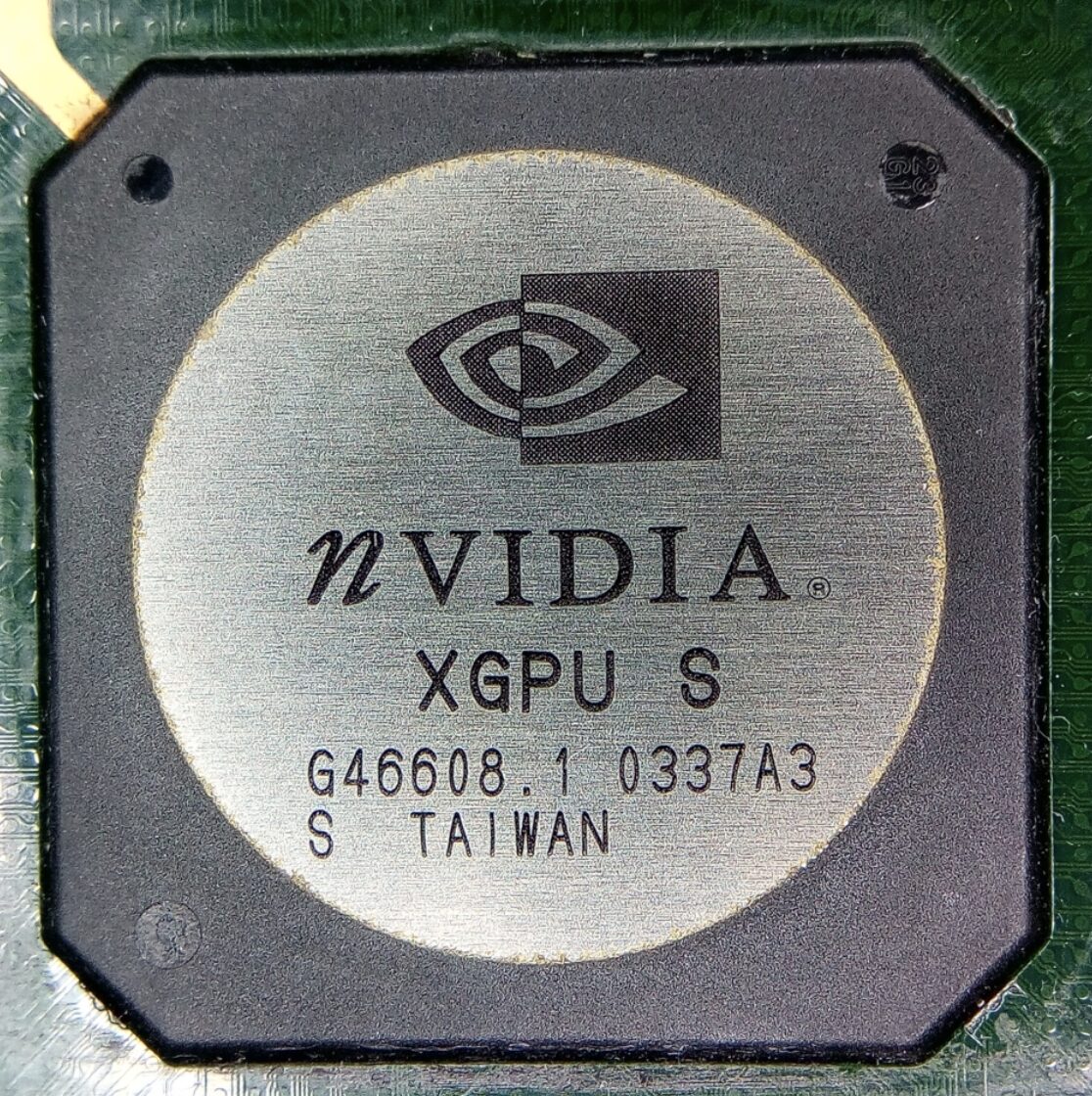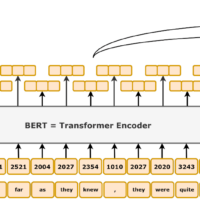Exploring the Latest in GPU and Computing Technology: NVIDIA, Google Colab, Apple M4 Chip, and More
In the rapidly evolving world of technology, GPUs (Graphics Processing Units) have become pivotal, extending far beyond their initial purpose of rendering graphics. Today, GPUs are foundational in fields such as machine learning, data analysis, cryptocurrency mining, and even everyday computing tasks. This post delves into the latest GPU and computing advancements as of late 2024, including NVIDIA’s new GPU lineup, Google Colab as a cloud computing solution, and Apple’s M4 chip—a key player in Apple’s latest MacBook lineup. We’ll explore their features, performance, and applicability to different types of workloads, concluding with comparative tables for easy overview.
1. NVIDIA GPUs and CUDA: A Powerhouse for High-Performance Computing
NVIDIA RTX 50-Series GPUs: These next-generation GPUs, based on NVIDIA’s Blackwell architecture, include the highly anticipated RTX 5090, RTX 5080, and RTX 5070. Each model offers immense computational power, especially the flagship RTX 5090, which is set to be the most powerful consumer GPU to date. These GPUs boast significant improvements in core count, memory bandwidth, and energy efficiency, making them highly suitable for both gaming and professional applications.
CUDA Support: CUDA (Compute Unified Device Architecture) is NVIDIA’s proprietary platform allowing developers to tap into the parallel processing power of GPUs. CUDA is optimized for various deep learning frameworks, including TensorFlow and PyTorch, making NVIDIA GPUs a go-to choice for machine learning tasks. NVIDIA’s robust support of CUDA on Windows and Linux allows for seamless deep learning model development and deployment.
2. Google Colab: A Cloud-Based Solution for Quick Prototyping and Development
Google Colaboratory, or Colab, remains a popular option for anyone looking to access GPU resources without investing in dedicated hardware. It offers a cloud environment where users can run Python code, making it especially useful for machine learning experiments and data science tasks.
Free and Pro Tiers: Google Colab offers free access to older GPUs such as the NVIDIA Tesla K80, T4, and P100, ideal for small-to-medium-scale projects. For those requiring more power, Colab Pro+ provides access to faster GPUs and longer runtime sessions, though it comes at a monthly fee.
Ease of Use and Accessibility: Google Colab’s cloud-based nature means there is no setup involved, and users can quickly run their code in a notebook environment. However, it’s important to note that Colab’s resources are shared, meaning performance can vary, and sessions have time limits, making it less ideal for long-running processes.
3. Apple M4 Chip: An All-in-One Solution for Efficient Computing on macOS
Apple has made significant strides with its custom silicon, releasing the M4 chip in 2024. The M4 represents Apple’s continued effort to optimize its Mac lineup, delivering high performance with impressive energy efficiency.
M4 Series Performance: Apple’s M4 chip series includes the M4, M4 Pro, and M4 Max, each aimed at different performance levels. The base M4 chip features up to a 10-core GPU, while the M4 Pro and M4 Max come with up to 40 GPU cores, making them suitable for high-performance tasks and graphics-intensive applications. The M4’s integration of CPU, GPU, and Neural Engine in a single system-on-chip (SoC) allows for extremely efficient communication between components.
Software Optimization and Compatibility: Apple’s macOS and software ecosystem, including apps like Final Cut Pro and Adobe Creative Cloud, are highly optimized to utilize the M4’s architecture fully. This makes the M4 lineup highly effective for creative professionals working within Apple’s ecosystem, offering a smooth experience with excellent performance per watt.
4. Comparing GPUs on Windows, Google Colab, and Apple M4 on Mac
| Feature | NVIDIA RTX 50-Series (Windows) | Google Colab | Apple M4 Series (Mac) |
|---|---|---|---|
| Core Technology | Dedicated GPUs with CUDA support | Cloud-based NVIDIA GPUs | Integrated CPU + GPU + Neural Engine in SoC |
| Best Suited For | High-performance tasks, gaming, deep learning | Quick prototyping, small ML tasks | Professional creative workflows, macOS users |
| Top Model | RTX 5090 (Blackwell architecture) | Tesla T4, P100, K80 (in free tier) | M4 Max with 16-core CPU, 40-core GPU |
| Performance | Industry-leading for raw power and parallelism | Variable, dependent on shared resources | High efficiency and integrated power |
| Platform | Windows, Linux | Browser-based (OS agnostic) | macOS |
| Energy Efficiency | Moderate | N/A (cloud-based) | High |
| Cost | Expensive (one-time hardware purchase) | Free or Pro subscription | Built into Mac devices |
| CUDA Compatibility | Full | Limited | Not supported |
| Memory Bandwidth | Extremely high | Medium, depending on GPU type | Moderate for integrated system |
Example Comparison Including NVIDIA GeForce RTX 3050 Laptop GPU
| Feature | NVIDIA RTX 50-Series (Windows) | NVIDIA GeForce RTX 3050 Laptop (User’s Laptop) | Google Colab | Apple M4 Series (Mac) |
|---|---|---|---|---|
| Core Technology | Dedicated GPUs with CUDA support | Mid-range dedicated GPU with CUDA | Cloud-based NVIDIA GPUs | Integrated CPU + GPU + Neural Engine in SoC |
| Best Suited For | High-performance tasks, gaming, deep learning | Mid-range gaming, entry-level ML tasks | Quick prototyping, small ML tasks | Professional creative workflows, macOS users |
| Top Model | RTX 5090 (Blackwell architecture) | GeForce RTX 3050 Laptop | Tesla T4, P100, K80 (in free tier) | M4 Max with 16-core CPU, 40-core GPU |
| Performance | Industry-leading for raw power and parallelism | Solid performance for everyday use | Variable, dependent on shared resources | High efficiency and integrated power |
| Platform | Windows, Linux | Windows, Linux | Browser-based (OS agnostic) | macOS |
| Energy Efficiency | Moderate | Moderate | N/A (cloud-based) | High |
| Cost | Expensive (one-time hardware purchase) | Affordable laptop GPUs available | Free or Pro subscription | Built into Mac devices |
| CUDA Compatibility | Full | Full | Limited | Not supported |
| Memory Bandwidth | Extremely high | Moderate for most gaming laptops | Medium, depending on GPU type | Moderate for integrated system |
Conclusion: Which Platform is Best?
The best platform ultimately depends on your workload, performance requirements, and budget. NVIDIA RTX 50-Series GPUs lead in raw performance, Google Colab offers accessible prototyping, Apple M4 is ideal for creatives, and NVIDIA RTX 3050 is a solid mid-range choice.



